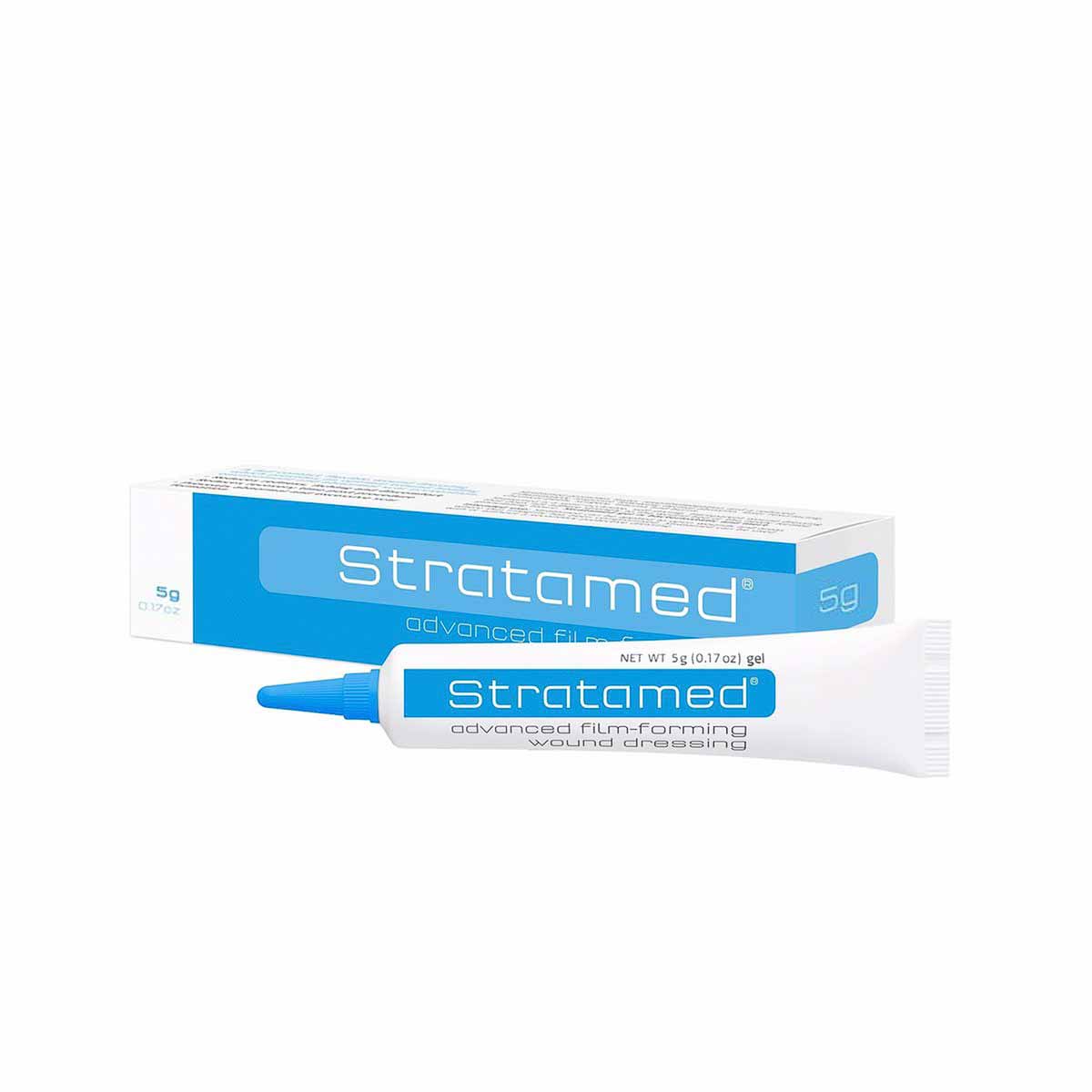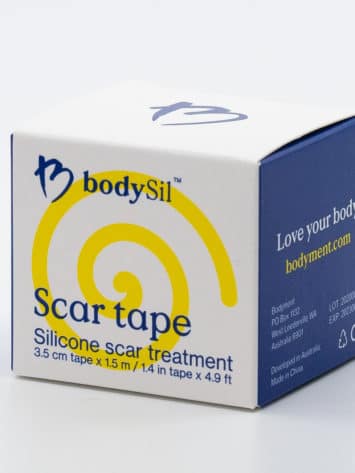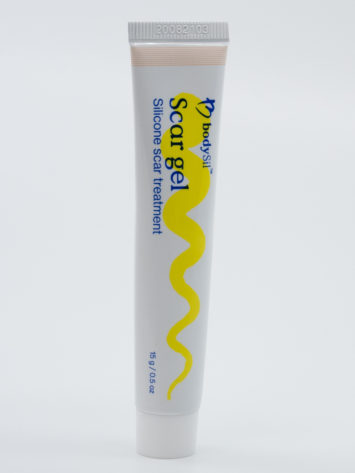Sign up & Save 10%
Save on all non-sale purchases over $100, become a bodyment.com member and save 10% on your first order only.
Instagram $5.00 Gift Card
Join bodyment.com, follow @LoveYourBodyment on instagram and message us your account email to get a $5 Gift Card.
10% Off For Seniors
Our mission is to help as many people with the best possible medical support.
Submit your Senior Card and earn lifetime Discount when you shop with Bodyment.
Scars occur when tissues have been significantly damaged and repaired. Scars result in changes that alter the physical architecture of normal skin or other tissue.
Not happy? No problem.
We want you to love your products and we offer credit or exchange on change of mind or incorrect orders.
- We want you to love your products and we offer credit or exchange on change of mind or incorrect orders
- 60 day returns on change of mind or incorrect orders
- Free 7 day returns on faulty items
- Check out our Returns Policy for more information
- If you have any issue with your order, simply reach out to our friendly support team for assistance
Stratpharma
Stratamed Advanced Wound Dressing
$40.95 – $153.95
Sign up & Save 10%
Save on all non-sale purchases over $100, become a bodyment.com member and save 10% on your first order only.
Instagram $5.00 Gift Card
Join bodyment.com, follow @LoveYourBodyment on instagram and message us your account email to get a $5 Gift Card.
10% Off For Seniors
Our mission is to help as many people with the best possible medical support.
Submit your Senior Card and earn lifetime Discount when you shop with Bodyment.
Scars occur when tissues have been significantly damaged and repaired. Scars result in changes that alter the physical architecture of normal skin or other tissue.
Not happy? No problem.
We want you to love your products and we offer credit or exchange on change of mind or incorrect orders.
- We want you to love your products and we offer credit or exchange on change of mind or incorrect orders
- 60 day returns on change of mind or incorrect orders
- Free 7 day returns on faulty items
- Check out our Returns Policy for more information
- If you have any issue with your order, simply reach out to our friendly support team for assistance



